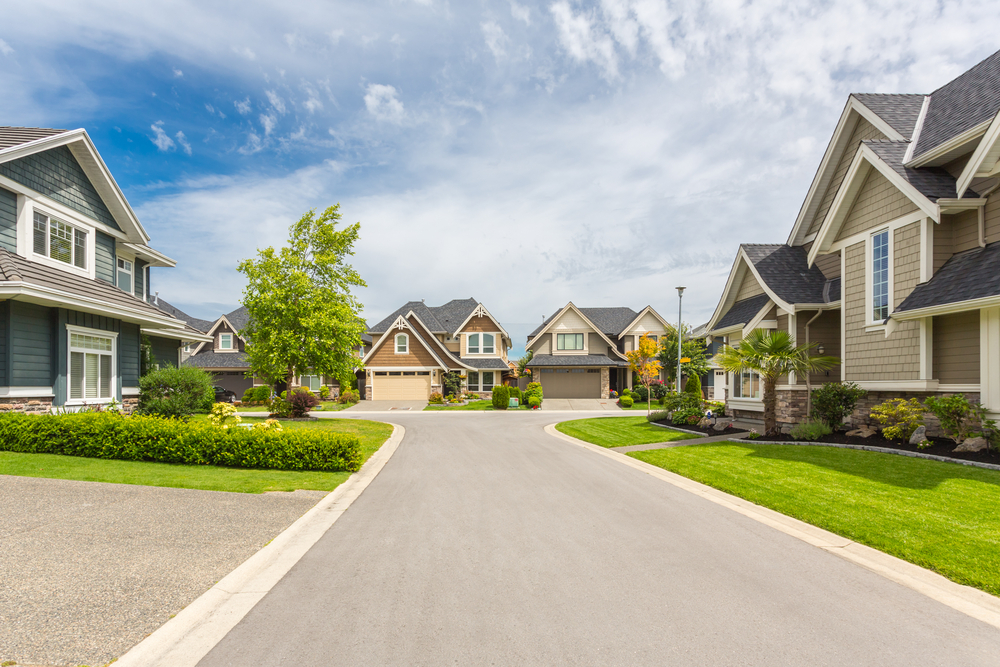For anyone who wants to purchase or sell real estate, understanding the zonal value of property is a keystone of this task. Knowing the zonal value of land isn’t just for major real estate transactions, it’s also important to know this for the purpose of real estate taxes or amilyar.
The zonal value is set by the Bureau of Internal Revenue (BIR). This is the government’s official estimate of the property’s worth, serving as a basis for determining real estate taxes, property valuations, and even loan approvals.
Aside from the legal importance of knowing the zonal value of your land, it’s also crucial in assessing its market potential. The zonal value ensures that property buyers are paying a fair price, guides sellers in setting realistic listing prices and assists banks in processing loan applications. Understanding how to find the zonal value of property can help you make informed decisions about investing in a property and avoid costly errors in these transactions.
What is the Zonal Value of Land and Market Value?
You may be wondering what the difference is between the zonal value of land and the market value of a property.
First off, the zonal value of property is an estimate of a property’s worth based on its location and classification. It’s used primarily by the BIR for calculating real estate taxes, such as capital gains tax and estate tax. Typically, zonal values come out lower than market values.
Market value, on the other hand, reflects the price a buyer is willing to pay. So, it’s safe to say that these prices are dictated by the open market.
There are several factors that may affect the zonal value, including its location, property type, and local infrastructure. Take for example how house and lot prices in the Philippines are not the same.
Some properties priced closer to commercial centers or schools have higher zonal and market values due to their prime locations. On the other hand, residential areas in less-developed regions may have lower values. The government regularly updates these values to reflect economic changes, new infrastructure, and community development.
Factors That Can Affect Zonal Value
There are a number of factors that can affect zonal value. Each of these factors plays a unique role in determining it:

Property Type
Depending on the property type, the zonal value may differ. The government assesses residential, commercial, and industrial properties differently.
Residential properties, for instance, often have lower zonal values compared to commercial spaces in the same area. This is because commercial properties generate income and are considered more valuable in terms of economic activity. Likewise, industrial properties near economic zones may have higher zonal values due to their potential for manufacturing and trade.
Location
Location is one of the biggest factors that can affect the zonal value of land. The proximity of a property to business districts, transportation hubs, and commercial establishments can result in higher zonal values.
For example, a house and lot in General Trias, Cavite may have a higher zonal value compared to properties in more remote areas due to their proximity to key infrastructure like highways and industrial parks.

Amenities
If the property has amenities such as parks, recreational facilities, and swimming pools, it can also contribute to a higher zonal value.
Additionally, homes within secure, gated communities with exclusive access to amenities are considered more valuable. This is why some pre-selling houses in Cavite have higher zonal values than others in the area.
Infrastructure
Properties near developed infrastructure such as paved roads, power lines, and water supply systems generally have higher zonal values. As infrastructure improves, so does the property’s accessibility and desirability, which directly influences its value.
Properties in areas undergoing rapid development often see significant increases in zonal value, making it important for buyers to stay updated. If you want to see how this directly impacts zonal values, you can look at land prices in developing locations to get a better grasp on how infrastructure plays a role in zonal values.
How to Know the Zonal Value of Property in the Philippines
If you’re now wondering “How do I find the zonal value of a property?” then, there are a few ways to go about it. Here are some of the most common methods:
Government Agencies
The most reliable way to find zonal value information is through government agencies like BIR and local government units (LGUs).
BIR, for example, publishes zonal value rates for different regions and property classifications. You can access this information by visiting their website or going to a physical office. Simply search for the specific area of interest, and you’ll find the zonal value per square meter for properties in that location.
If you’re unfamiliar with navigating government websites, LGUs can also assist you. These offices often have updated zonal values for their respective areas and can provide this information through their tax assessment offices.

Real Estate Appraisers
Another way to determine the zonal value of a property is to consult a licensed real estate appraiser. These real estate professionals have the skills and expertise needed to help you assess property values based on current market trends and official zonal value rates.
While hiring an appraiser may require you to shell out money, doing so is especially useful if you need a detailed property valuation for complex transactions, such as selling a large piece of land or applying for a loan.
Real estate appraisers conduct a thorough analysis of the property, considering factors such as property type, amenities, and infrastructure, to give a more accurate estimate of its value. This process typically involves a site visit, a review of government records, and a final appraisal report.
Online Resources
For homebuyers, some home buying guides may recommend utilizing online resources to know the zonal value of a property. There is a myriad of online tools available that can provide these estimates. You may find that some real estate websites offer calculators that help estimate zonal values based on property location and size.
However, while these tools are convenient to access, it’s important to remember that they may not be as accurate as official sources or professional appraisers. Always cross-reference information from these tools with government data to make sure that you’re getting the correct figures.
Tips for Determining Zonal Value
If you’re looking to accurately determine the zonal value of a property, here are some tips to help you do so:

Research and Verification
When researching zonal values, it’s important to cross-check data from multiple sources. Don’t rely solely on a single tool or estimate. Instead, verify information by visiting government offices, consulting professional appraisers, and using online calculators to get a comprehensive understanding of a property’s zonal value.
Professional Assistance
For properties with complicated ownership structures or those in high-demand locations, it may be worth consulting a real estate appraiser. These experts can provide an accurate valuation, especially when dealing with larger or more valuable properties.
Consulting a professional can also make sure that your hard-earned money is going to be used wisely, especially if you’re purchasing a house and lot for OFWs.
Stay Updated
Zonal values are not fixed; they can change over time as regions develop and the economy shifts. Make sure to regularly check for updates, especially if you’re planning to buy or sell property in the future. Staying informed will help you make better decisions and avoid surprises when it comes to property valuation or taxation.
Know Your Property’s Worth
Now that you know how to determine the zonal value of a property, you can make better decisions moving forward whether you’re buying a home, selling a property, or paying real estate taxes.
If you’re ready to purchase real estate, make sure to reach out to us.
